Menstrual Hygiene Day - Exploring the Menstrual Health Experiences of People with Intellectual Disabilities
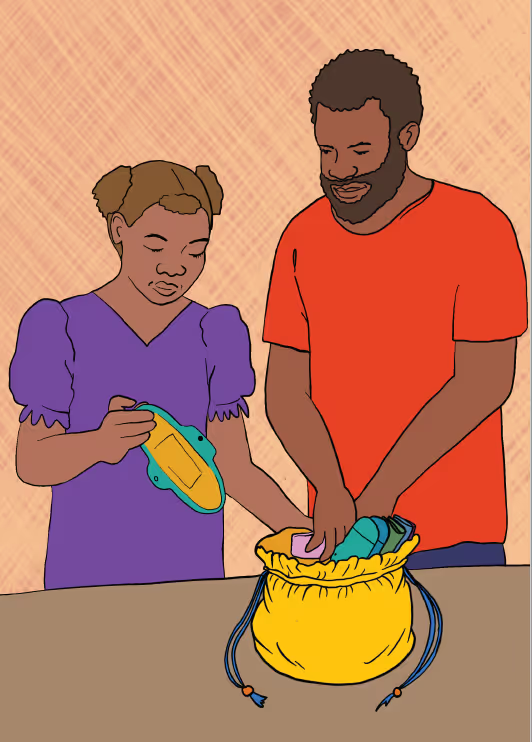
As the sector showcases its commitment to Menstrual Health (MH) as part of Menstrual Hygiene Day, it’s important to consider that MH in emergencies has a long way to go if it is to meet the needs of people with disabilities, especially those people with intellectual disabilities.
With the support of Elrha’s Humanitarian Innovation Fund, World Vision Vanuatu together with the London School of Hygiene and Tropical Medicine and Vanuatu Society for People with Disabilities, have been conducting a pilot research project in Vanuatu to explore the MH experiences of people with intellectual disabilities and their caregivers in emergencies.
This Menstrual Hygiene Day, we share five things we’ve learnt and why more must be done to understand and address the specific MH needs of people with intellectual disabilities in emergencies:
1. Very little data and evidence exists about the experiences of people with disabilities of managing menstruation in emergencies
To explore the situation globally, we conducted a systematized review of disability inclusion in MH efforts in emergencies. We found almost no rigorous evidence on MH during emergencies and within this, a dearth of evidence on MH for women and girls with disabilities in emergencies.
Fifty-one papers were included in the review. Only nine papers discussed disability and menstrual health together and these only did so fleetingly.
Without evidence, the specific MH needs of people with disabilities are likely to be overlooked while MH in emergencies and specific WASH infrastructure for women and girls gain momentum and investment.
2. Displacement in an emergency can disproportionately affect people with intellectual disabilities' ability to manage menstruation
“No, we were here. We couldn’t go elsewhere because nobody likes her.”
Caregiver of young person with intellectual disabilities on why the household did not evacuate during the Cyclone.
Throughout our research, we heard two key themes that related to seeking safe shelter in a disaster. 1) Stigma and disability discrimination meant that many caregivers of people with intellectual disabilities did not seek safety or evacuate during a disaster such as in Tropical Cyclone Harold in Vanuatu. And 2) When displaced, caregivers found managing menstruation privately very difficult and stressful. This is depicted by a caregiver who took this photo as part of PhotoVoice:
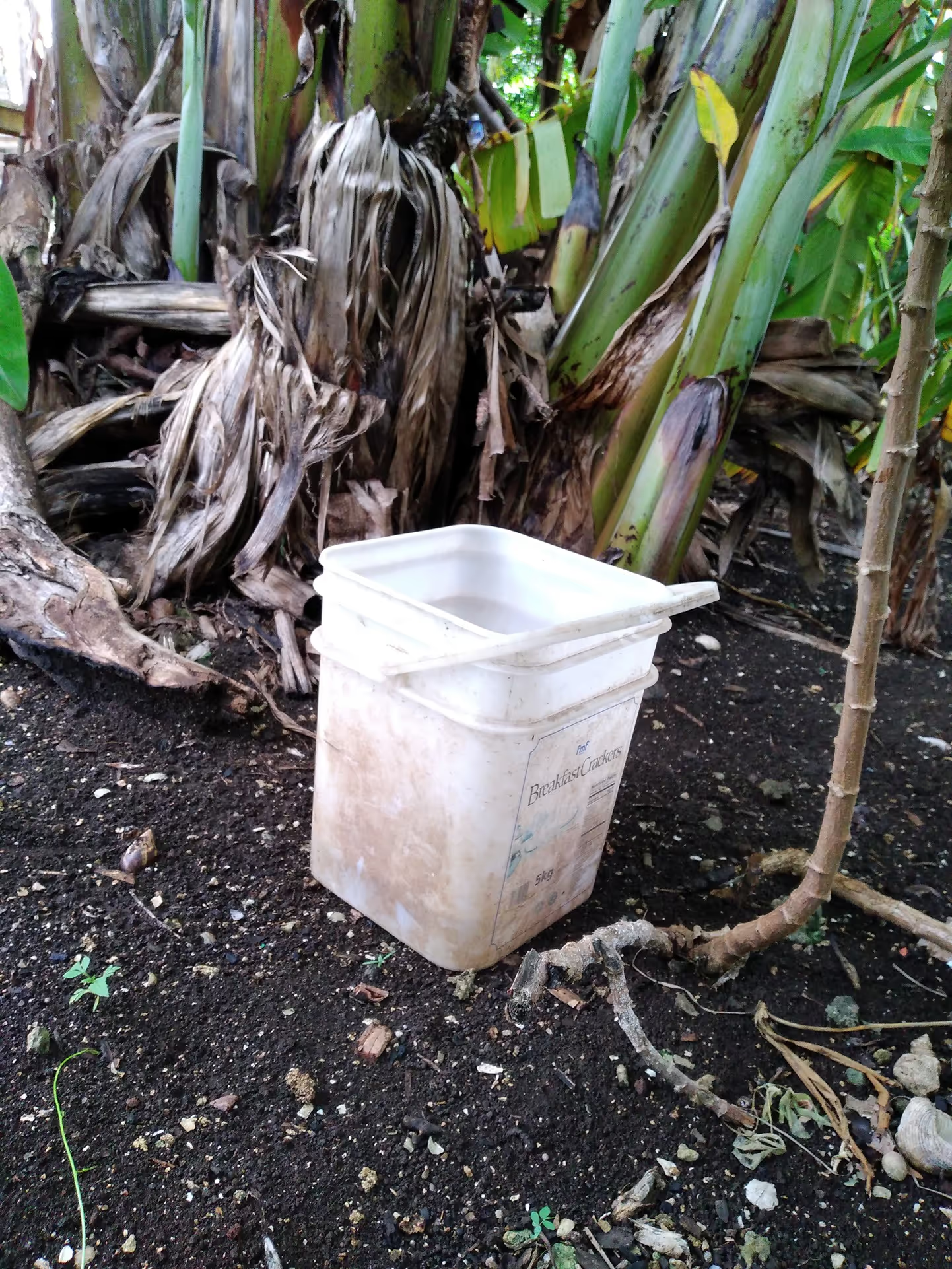
“We had gone to live with her uncle during and after the cyclone. In the house, there is no privacy. Therefore when she is dirty (when she menstruates), I had to take her out of that place, away from other people and come here where we feel that there is privacy. I would fetch this bucket of water and put it behind a tree, where no one can see her when she is having her shower.”
3. Current hygiene kit provisions do not consider the unique needs of people with disabilities and often do not include enough menstrual materials
Hygiene kits were welcomed, however too often a “one size fits all approach” was taken, especially in relation to menstrual products. Key recommendations given by participants included distributing more menstrual materials because they are expensive and/or because it’s difficult to dry reusable products quickly enough if it is raining especially after a cyclone or flood. Having an effective menstrual material meant some caregivers were more willing to allow the person with disabilities to go out when menstruating.
4. Male caregivers are involved in providing MH support to people with disabilities
The gendered assumption that women are caregivers and that menstruation is “women’s business”, means the little support that does exist rarely reaches men who support people with disabilities. Both the systematized review and formative research highlighted the need for greater guidance and support for male caregivers who were often invisible in their role of providing MH support. Therefore, information on MH must depict men and women supporting people with disabilities to manage menstruation.
5. People with disabilities must participate in MH research and interventions in emergencies
In the systemized review only 31% of papers potentially consulted people with disabilities about MH issues. Partnerships with Organisations of Persons with Disabilities and ensuring people with disabilities meaningfully participate in research and project teams are essential to ensure solutions are appropriate and relevant.
Written by: Chloe Morrison, Jane Wilbur, and Relvie Poilapa
Stay updated
Sign up for our newsletter to receive regular updates on resources, news, and insights like this. Don’t miss out on important information that can help you stay informed and engaged.
Related articles
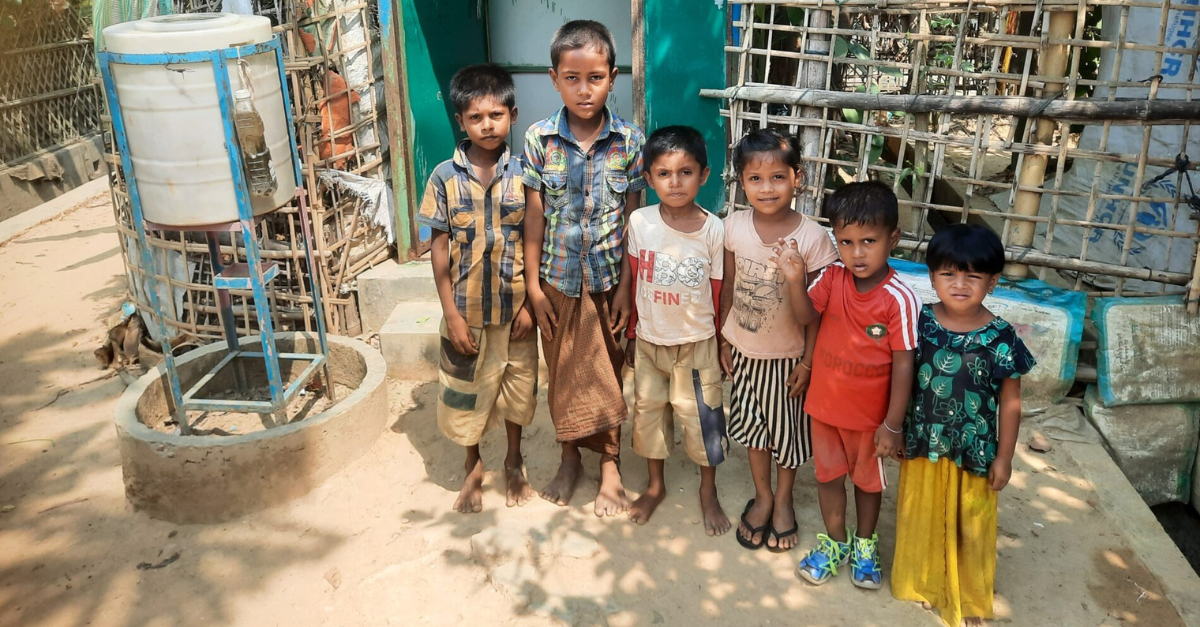
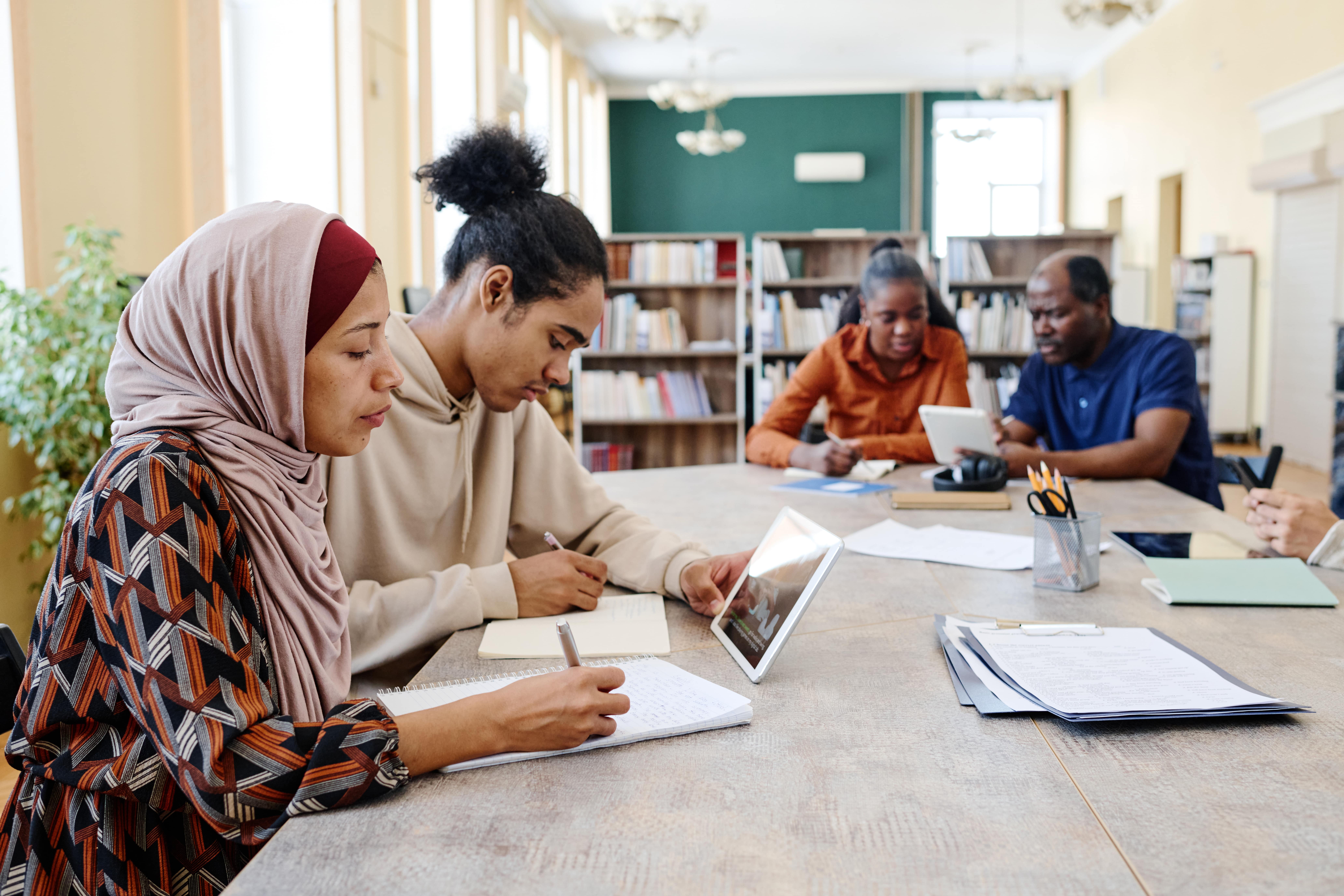
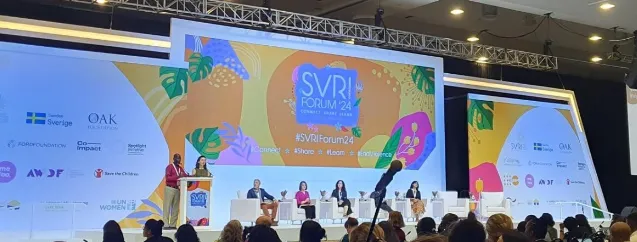
Explore Elrha
Learn more about our mission, the organisations we support, and the resources we provide to drive research and innovation in humanitarian response.